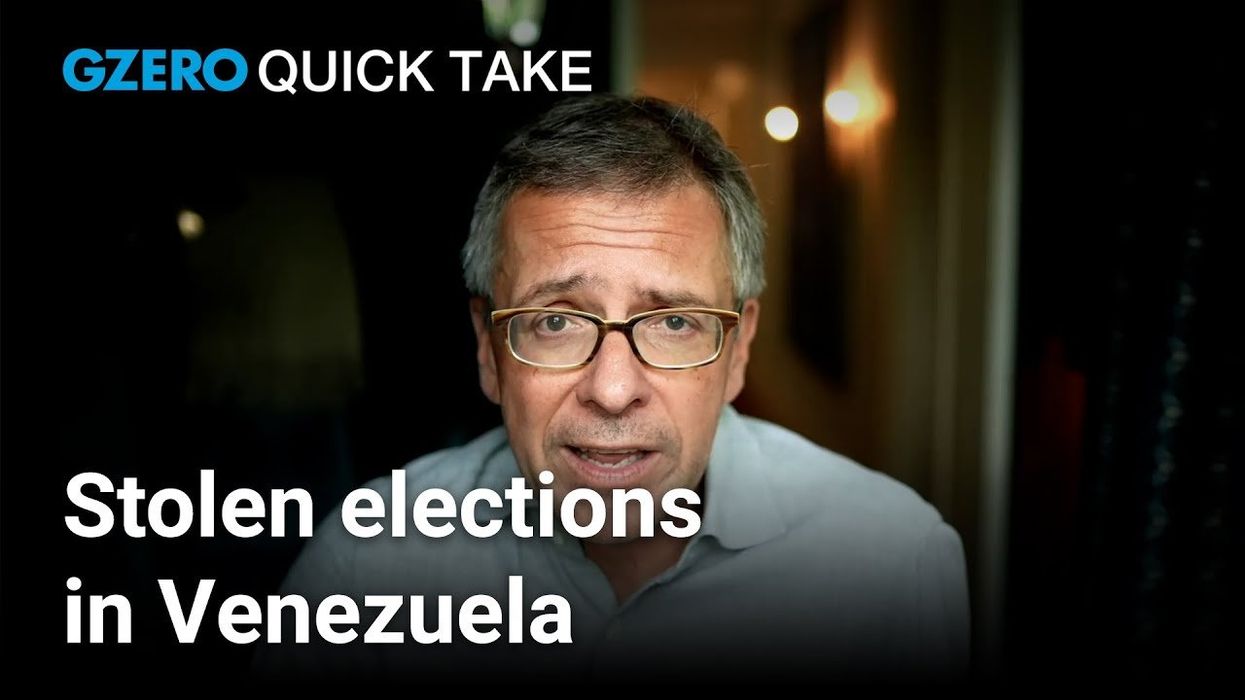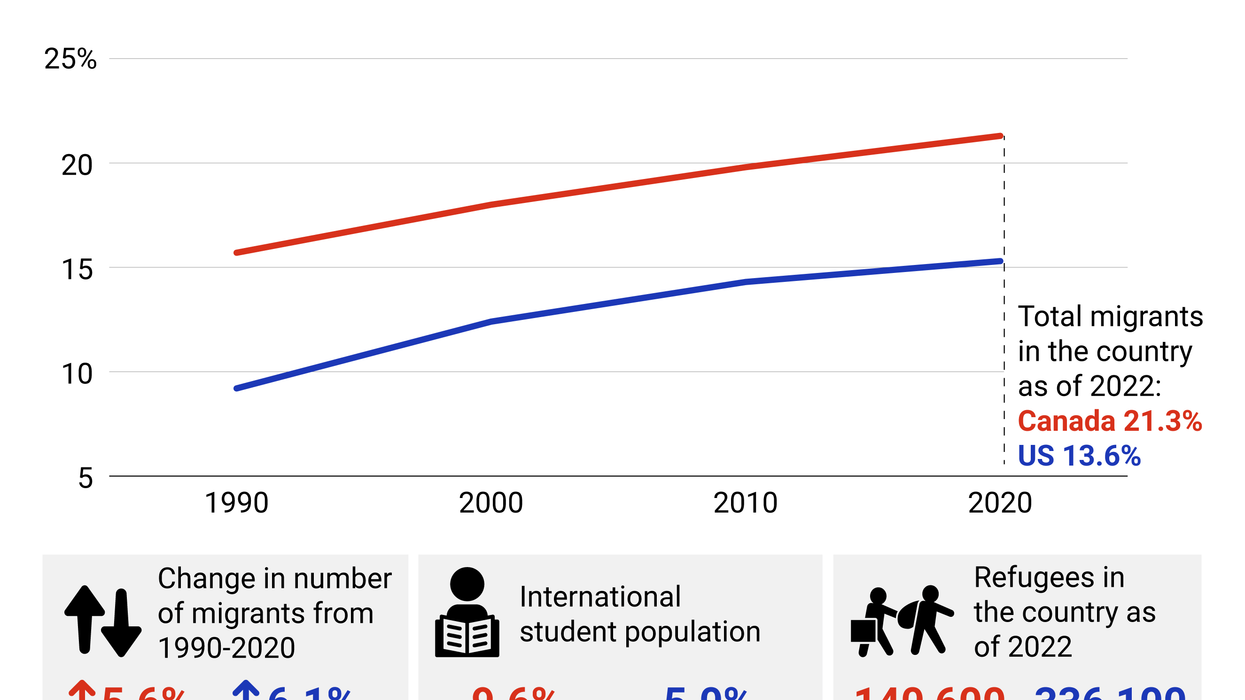Quick Take
Maduro's dubious Venezuela win leaves Biden with few options
Ian Bremmer's Quick Take: There will be more pressure on a migration policy from the United States, from Joe Biden, from Kamala Harris, that is seen as a failure and is clearly the biggest policy vulnerability that Harris has in her election bid. And now the Biden administration is stuck with a failed policy.
Jul 29, 2024



